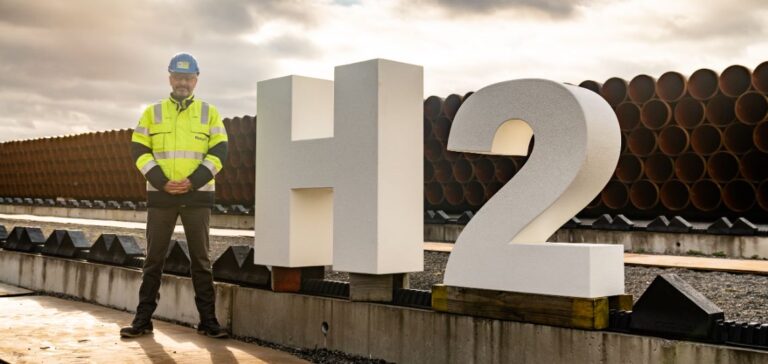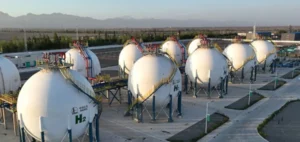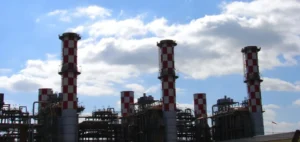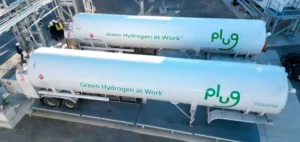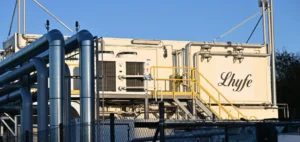Fluxys has begun construction of the first phase of its hydrogen transport network in Belgium, with pipelines initially located in the port areas of Antwerp and Ghent. This initiative represents a concrete step towards the development of a national open-access infrastructure, in line with its mandate as the designated hydrogen network operator. The project is financially supported by the Belgian federal government through the European Union’s Resilience and Recovery Fund.
A project supervised by authorities and the market
The decision to launch the initial construction followed consultations with the relevant authorities, the regulator, and the industrial stakeholders involved. The subsidiary Fluxys hydrogen NV, created in 2023, was officially tasked in April 2024 with developing and managing this open-access network. This appointment as Hydrogen Network Operator comes within a still-nascent market context, requiring a cautious approach to investment risk.
The first phase of the network includes the installation of pipelines between the ports of Antwerp and Ghent, particularly along the segment connecting Kallo to Zelzate. These infrastructures are built using multi-purpose technology, similar to that employed in recent gas pipeline projects, to ensure flexibility and adaptability to various future energy vectors.
Gradual deployment and open network access
The hydrogen network will be rolled out in stages from 2026 onwards, according to market demand and the evolution of economic conditions. The entire infrastructure will adhere to the principle of open access, allowing hydrogen producers and consumers to connect without restriction, under the regulatory framework set by Belgian authorities.
This framework is intended to support the emergence of a hydrogen economy while managing the risks tied to initial investment. Public support mechanisms are expected to help strike a balance between industrial development and economic viability for the stakeholders involved.


